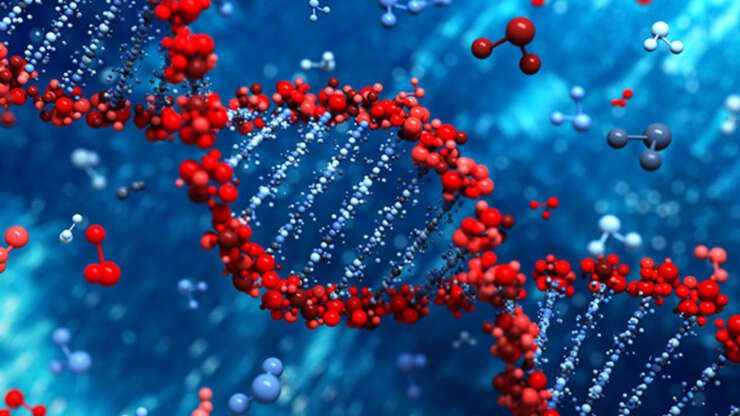Δεν υπάρχει κοινώς αποδεκτή αιτιολογία της νόσου. Η ενδομητρίωση είναι μια πολύπλοκη, ετερογενής και πολυπαραγοντική νόσος, στην οποία περιπλέκονται ορμονικοί, γενετικοί, περιβαλλοντικοί και ανοσολογικοί παράγοντες. Οι πιο πιθανές θεωρίες είναι


Δεν υπάρχει κοινώς αποδεκτή αιτιολογία της νόσου. Η ενδομητρίωση είναι μια πολύπλοκη, ετερογενής και πολυπαραγοντική νόσος, στην οποία περιπλέκονται ορμονικοί, γενετικοί, περιβαλλοντικοί και ανοσολογικοί παράγοντες. Οι πιο πιθανές θεωρίες είναι

Ενδομητρίωση (endometriosis) είναι η καλοήθης νόσος στην οποία ιστός, παρόμοιος με αυτόν του ενδομητρίου που επενδύει το εσωτερικό τοίχωμα της μήτρας (endometrial-like tissue), βρίσκεται εκτός της μήτρας (1). Πιθανές εστίες είναι οι οωθήκες, οι σάλπιγγες, το περιτόναιο (διάφανος υμένας που καλύπτει τα όργανα της πυέλου), το έντερο, το ουροποιητικό σύστημα (ουροδόχος κύστη κι ουρητήρες) καθώς και λιγότερο συχνές εστίες ( νεύρα, διάφραγμα, κοιλιακό τοίχωμα, πνεύμονας κ.ά.). Η ορμονοευαίσθητη αυτή νόσος (ευαίσθητη στα οιστρογόνα), εμφανίζεται στην αναπαραγωγική ηλικία και προσβάλει...

Yπάρχουν κλινικά δεδομένα που υποστηρίζουν την άποψη πως η ενδομητρίωση είναι κληρονομική νόσος: ο κίνδυνος νόσησης είναι 6-9 % υψηλότερος σε συγγενείς 1ου βαθμού γυναικών που πάσχουν από ενδομητρίωση (1,2) [Ο κίνδυνος αυξάνεται σε 15% σε περιπτώσεις σοβαρής ενδομητρίωσης(3,4)]. Σε δίδυμες αδερφές, η συχνότητα κι ηλικία έναρξης της νόσου είναι παρόμοιες (5). Ωστόσο, η εύρεση των γενετικών παραγόντων που σχετίζονται με τη νόσο...